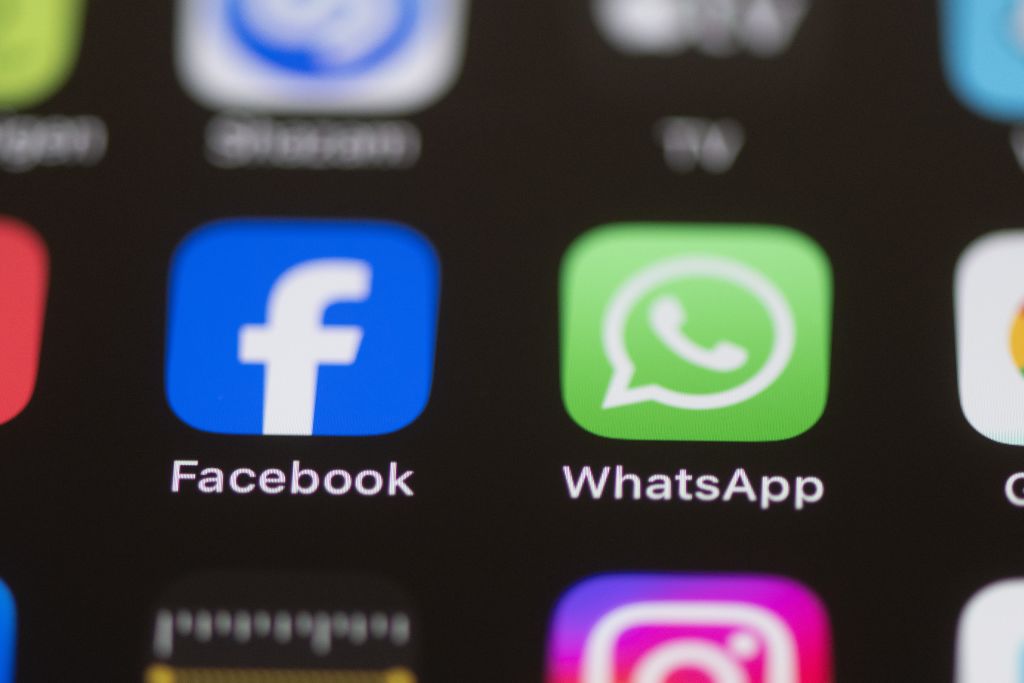The upcoming election cycle will be the first to face the influence of generative artificial intelligence technology, such as ChatGPT, which allows individuals to create realistic-looking fake text, video, and audio that can be used for political manipulation. This technology has already been used to create fake images and robocalls impersonating political figures. In addition, major social media companies have backed away from their commitments to promote election integrity, potentially making it easier for misinformation to spread.
One of the major concerns surrounding the use of generative AI in politics is the potential for these fake materials to influence voter behavior. For example, a fake AI-generated image of Donald Trump sitting next to Jeffrey Epstein was circulated on Facebook, while a Democratic consultant admitted to commissioning an AI-generated robocall impersonating President Joe Biden in an attempt to discourage voters. These instances highlight the ease with which false information can be created and disseminated using AI technology.
The impact of generative AI is not limited to the United States, as evidenced by a fake audio clip posted on Facebook just before Slovakia’s national election. The audio clip appeared to capture a candidate discussing how to rig the election, leading to viral spread of misinformation during a media blackout period. The candidate ultimately lost to a pro-Russia rival, underscoring the potential consequences of AI-generated misinformation on political outcomes.
Experts are struggling to keep up with the possibilities presented by generative AI technology, as demonstrated by a recent study published in the academic journal PNAS Nexus. The study found that political ad makers armed with generative AI tools have the ability to create highly convincing fake content that could deceive voters. This raises concerns about the integrity of the electoral process and the ways in which technology can be used to manipulate public opinion.
As the November election approaches, the influence of generative AI technology and social media algorithms, such as those used by TikTok, will be closely monitored for their potential impact on spreading misinformation. The combination of advanced technology and relaxed commitments to election integrity by social media companies creates a challenging environment for ensuring the accuracy and integrity of political discourse. It will be important for analysts, policymakers, and technology companies to work together to address these challenges and protect the democratic process from manipulation.









